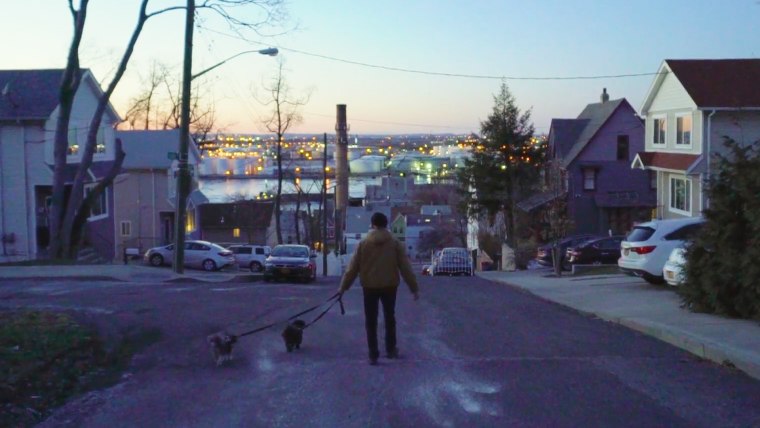As I approach the end of my twenties, I’ve been pondering how best to prepare for the years ahead and, moreover, how I’ll ensure that my mom will be well taken care of, too. This is an intimidating prospect for me and my almost-75 million millennial peers. While we’re still navigating the art of adulting, how will we take care of our parents?
Many have called the impending population change a “gray tsunami,” both for America and the world. In the United States, the number of people over the age of 65 will increase by 111%, from 45 million in 2010 to 86 million in 2050; globally, the number of senior citizens will triple to 1.5 billion. As this wave gathers force, we can look around and see that, as a society, we’re completely unprepared.
The number of geriatricians in the United States is shrinking, while the need for them is increasing. We’re living longer and retiring later, but in an era where ageism is rampant, the elderly have few places to utilize their skills.
Nurses and in-home support staff are among today’s fastest growing occupations, but they’re too often underpaid and overworked. Long term care is unaffordable for many and difficult to navigate for most. Nursing homes face a shortage of beds—a single room can cost $100,000 annually—and the average American family has only $5,000 saved for retirement. The list goes on, and on, and on.
In short, we’ve added decades to human life expectancy—an enormous achievement, as Dr. Linda Fried, the dean of Columbia University’s Mailman School of Public Health, states in our above documentary. “But what we haven’t done is take this immense success and turn it into a victory for everybody.”
Where do we—the millennials still trying to figure it all out—fit into this? There are 44 million caregivers—those providing unpaid care for loved ones—in the United States, and a significant portion of them are millennials, often caring for a sick or aging parent. In the above short, we followed two people—Reginald Gilmore, a 26-year-old Chattanoogan balancing studying, work, and caring for his mother, Yolanda; and Rebekah Gordon, a 27-year-old New Yorker still maneuvering her own life and standing by to support her father, Floyd—while they search for resources that, to them, are often difficult to trace. The answers do, however, arrive in pockets: the Family Caregiver Alliance provides helpful connections to support groups and caregiving courses. Benefits CheckUp suggests available benefits programs for seniors. Medicare’s PACE program helps families navigate in-home care options. Former caregivers, like Christopher Charles-Chaney, have emerged to give perspectives for soon-to-be caregivers or those struggling to cope.
During my research, every peer and expert I spoke with echoed sentiments that an outsize shift must occur, and soon. After all, how is it that there’s still no centralized and affordable system to help us navigate, prepare for, and embrace the inevitable life experience of getting older? And, further, why are we so afraid of it?
